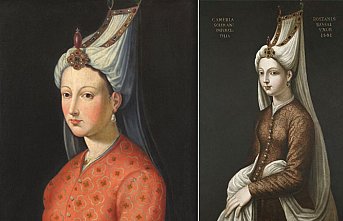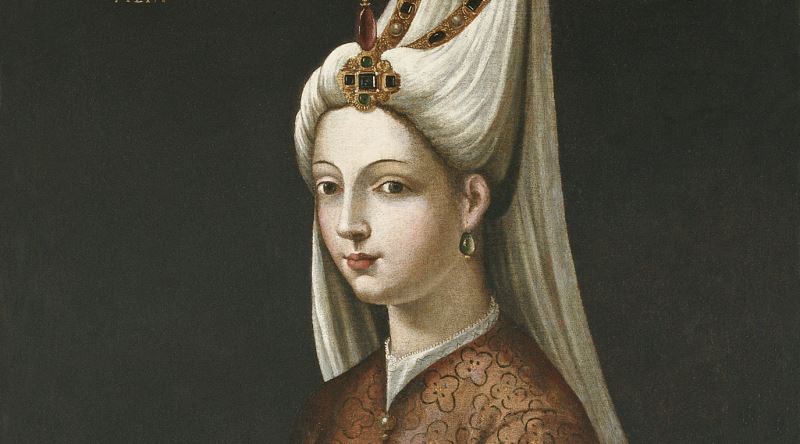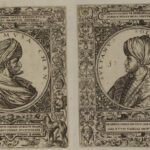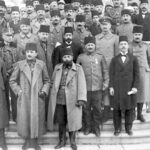The rich cultural heritage of the Ottoman Empire has been carried to the present day through names that reflect the social and cultural structure of its period. Ottoman female names were adorned with both aesthetic and deep meanings. Many of these names were derived from words of Arabic and Persian origin, representing concepts such as beauty, elegance, and virtue.
In the Ottoman Empire , the social status of families, religious beliefs and individual values played an important role in the choice of names. For example, for a woman belonging to a dynasty or a wealthy family, elegant names with strong meanings were preferred.
Names contained meanings that emphasized the characteristic features of their owners and their position within society. One of the most common Ottoman female names was “Hürrem”. This name, which means “cheerful, joyful”, has become widespread among the people thanks to the popularity of Hürrem Sultan, one of the historical figures.
Ottoman Women’s Names and Their Meanings

When Ottoman female names are examined, it is generally seen that they are of Arabic, Persian and Turkish origin. Ottoman female names are derived from words used in subjects such as religious beliefs, nature, beauty and morality.
For example, the name “Aisha” is of Arabic origin and means “living, alive”, while the name “Fatma” comes from the same root and means “lactating milk”. “Mihrimah”, on the other hand, is of Persian origin and means “bright like the sun”. The name Rana is among the female names that have survived from the Ottoman Empire to the present day. Its meaning is “attractive and beautiful” woman.
There is also a rich treasure trove of names for Ottoman women and their meanings. For example, the name “Rose” is not just a flower, but also carries meanings such as beauty, joy and love. The name “Nur” means light, but it also carries a meaning of divine power and guidance. This polysemy has given the names a deep meaning and made them more special.
Courtier Women’s Names
The names given to women in the Ottoman palace were not just names. These names, with their meanings and origins, were important symbols reflecting the cultural, social and political structure of that period.
The names given to the courtier women were generally of Arabic, Persian and Turkish origin. These names were inspired by positive characteristics such as beauty, elegance and virtue, as well as religious and historical figures. For example, Hz. Names such as Muhammad’s daughters Fatma and Zeynep were frequently used. In addition, important events and victories of the Ottoman dynasty were also included in the names.
The status of the women in the palace was also evident in their names. Women who had titles such as valide sultans, hatuns and sultans would distinguish themselves from other women by adding these titles to their names. These titles symbolized not only social status but also political power.
The names of the women of the palace have also changed over time. Especially in the process of Westernization, names taken from European languages began to be used. However, traditional Turkish and Islamic names have always remained popular in the palace.










